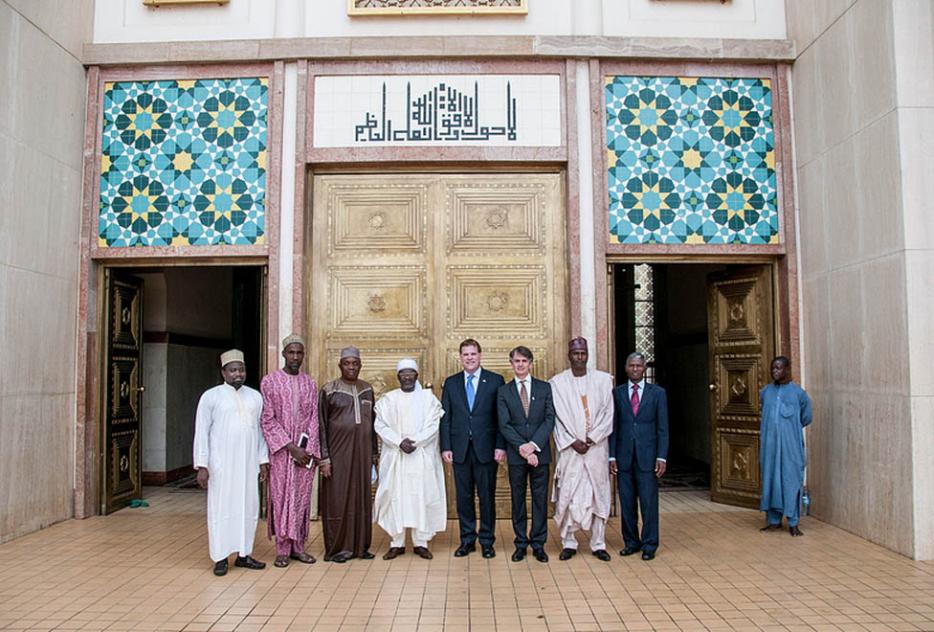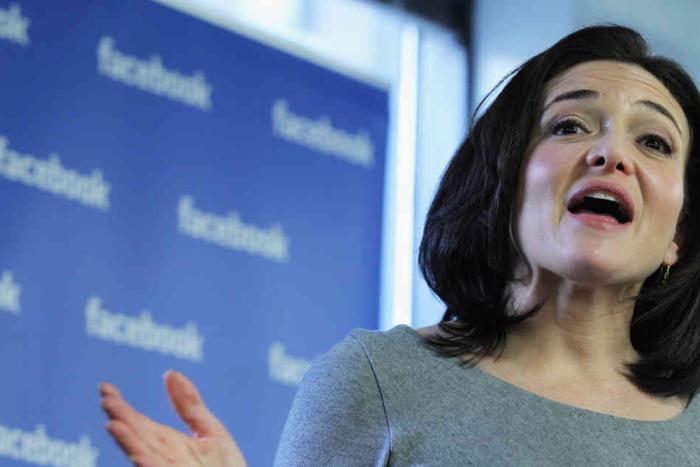The battle between science and religion is mostly an illusion. With the exception of certain outliers—like Galileo and Popes Paul V and Urban VIII, evolution and Arkansas and Mississippi—there’s usually a modicum of mutual respect, or at least tolerance.
Unfortunately, it seems the current Canadian government may be one of those outliers.
If you see the government as an organic whole, which in the case of Stephen Harper’s micromanaging approach to governance we should, it can be useful to relate what happens in the various ministries and departments. Like the way science is treated at the environment ministry in Gatineau and the Department of Fisheries and Oceans on Kent Street, and the way religion is seen over in the Pearson building.
There have been grumblings for a while about the government’s imposition of serious restrictions on its scientists’ ability to communicate with the media and, through them, the people of Canada. Nature, the journal where Watson and Crick published their discovery of DNA, and where the world first heard about nuclear fission and ozone holes, wrote about it a year ago in an editorial they titled “Frozen out,” and a few months later, scientists picketed Parliament Hill demanding freedom of scientific speech. And just a couple of weeks ago, Democracy Watch released a report called Muzzling Civil Servants: A Threat to Democracy?
The Democracy Watch report, attached to an Access to Information Act request to “investigate the federal government’s policies and actions to obstruct the right of the public and the media to speak to government scientists,” came out one day after the announcement of the new Office of Religious Freedom, part of Foreign Affairs. With an annual budget of $5 million, ORF’s mission is to work to ensure religious freedom worldwide.
“In Canada’s view,” the ORF’s new webpage says, “freedom of religion or belief, including the ability to worship in peace and security, is a universal human right.”
I remember, just around the time Harper became prime minister, folks were worried about how religious he actually was. We worried that he was religious in a way we’d only seen American politicians be religious, a way that gave precedence to God and one or another idiosyncratic interpretation of what he wants, over secular concerns like peace, order and good government.
As it turned out, he didn’t. We have same-sex marriage, abortion is still legal, and despite the fact that Moses couldn’t have been clearer about his or God’s views on the subject, we as yet have no death penalty.
Being a smart guy, he’s probably aware of how divisive these issues can be. Abortion hijacked years of political discourse before it was swept under the carpet. There were even bombs.
You could call it irony—silencing scientists while increasing your commitment to religious freedom—if it weren’t so fundamentally nefarious.
Freedom of scientific speech is clear, unambiguous. Scientists research, theorize, reach conclusions that are always tentative, and by reporting their findings, invite disputation. Of course there are egos involved, there are certainly ethical issues related to research methods, and individual scientists can be duplicitous, unethical, or simply stupid. But science itself is neutral.
But re-committing to a value no one was questioning, while walking quickly backwards from one nobody ever suspected would be in danger, is anything but neutral. It’s a declaration of principles.
Last week was Freedom to Read week, that time every year when we applaud ourselves over the fact that we’re not as silly as our grandparents and tickle our outrage glands with lists of formerly banned books we can now read with impunity (but like Monty Python’s Protestants, mostly don’t).
But some writers take it as an opportunity to write about the much broader subject of freedom of speech. Like Liz Renzetti, who wrote a column about the state of freedom of scientific speech in Harper’s Canada. In it, she pointed to this story, in which American scientist Andreas Muenchow, an oceanographer at the University of Delaware, was quoted as saying he was both unaccustomed to and appalled by the restrictive confidentiality agreement he was asked to sign in order to work with our Department of Fisheries and Oceans. The story was published on Feb. 13, at which point Professor Muenchow said he had not signed it and would not sign it. The reporter, Margaret Munro, wrote, “If enforced, Muenchow says the fisheries department could prevent researchers from publishing scientific findings, blogging about their project or sharing information on the project with the media and public, which is encouraged by the U.S. agencies co-funding the project.... Muenchow, who blogs about his Arctic work, says the research office at the University of Delaware is now negotiating with DFO officials to rework the agreement so it does not ‘sign away my freedom to speak, publish, educate, learn and share.’”
Last week, I emailed Muenchow to ask about it. This was our brief exchange:
Me: Has there been any resolution?
Professor Muenchow: Any media inquiries should be directed to Andrea Boyle Tippett who is the National Media Relations Coordinator at the Office of Communications & Marketing of the University of Delaware.
Me: Are scientists familiar with the concept of irony?
Professor Muenchow: Yes. [And he included this link]
Limitations of freedom of speech are extraordinarily powerful political tools, as the leaders of Bahrain, among many, many others can attest. It tends to concentrate power and make its execution more efficient. That’s why the various protections we’ve put in place over the years are so vital: Something that potentially powerful is by definition contagious. As Professor Muenchow, once free to blab to all and sundry, can also now attest.
Freedom of religion is fine, and freedom from religious persecution is even better. But when our country decides those freedoms trump the free exchange of ideas between scientists and the public, we’ve got a problem.
--
Foreign Affairs Minister John Baird visiting Nigeria's National Mosque, October 2012.






